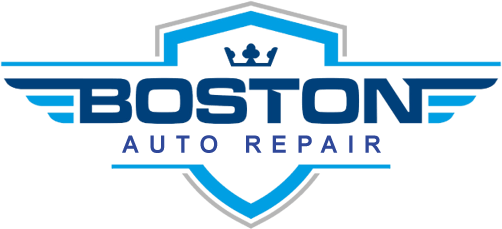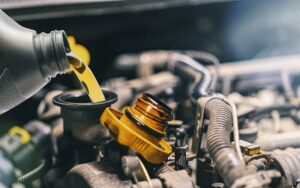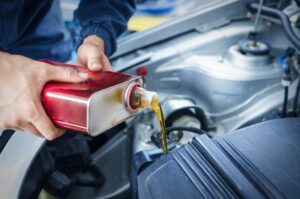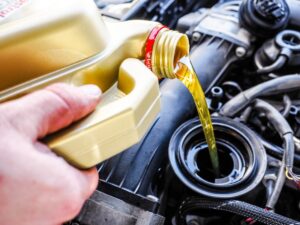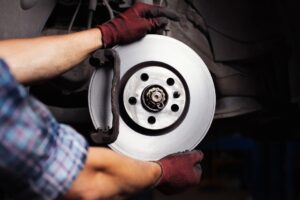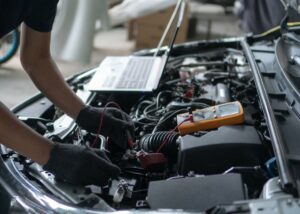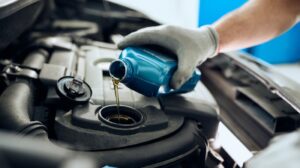If you’ve ever seen that dreaded check engine light pop up on your dashboard, you know how stressful it can be. Is it something serious? Can you still drive? Or is your car just being dramatic? Don’t panic—your car is trying to tell you something, and we’re here to help you figure it out!
What is the Check Engine Light?
The check engine warning is part of your car’s onboard diagnostics system (OBD). When the system detects an issue with the engine, emission system, or other critical components, the light turns on to alert you. It can mean anything from a loose gas cap to a failing catalytic converter, so it’s important to take it seriously.
Common Reasons Your Check Engine Light is On
Your car isn’t trying to scare you—it’s giving you a heads-up! Here are some of the most common reasons your engine warning light might be illuminated:
- Loose Gas Cap – A missing or cracked gas cap can cause fuel vapors to escape, triggering the light.
- Faulty Oxygen Sensor – This sensor monitors fuel combustion. A failing one can reduce fuel efficiency.
- Bad Spark Plugs or Ignition Coils – Worn-out spark plugs can cause misfires, leading to rough idling and poor performance.
- Failing Catalytic Converter – If this vital component isn’t working, your vehicle may have reduced power and increased emissions.
- Malfunctioning Mass Air Flow Sensor (MAF) – This sensor measures how much air enters the engine. If it’s faulty, your car may have trouble accelerating.
Why You Shouldn’t Ignore It
Ignoring the engine warning light can lead to bigger, more expensive problems down the road. A small issue today could turn into a costly engine repair tomorrow. Regular maintenance and quick diagnostics can help prevent serious damage.
What to Do When the Check Engine Light Comes On
If the light is steady, your car likely has a minor issue, but you should still have it checked soon. However, if it’s flashing, it indicates a severe problem that requires immediate attention.
Here’s what to do:
- Check your gas cap – Tighten it and see if the light turns off after a few drives.
- Observe your car’s performance – If there are unusual noises, poor acceleration, or rough idling, visit a car repair shop ASAP.
- Get a diagnostic scan – Many auto shops, including ours, offer free OBD2 diagnostic scans to pinpoint the issue.
